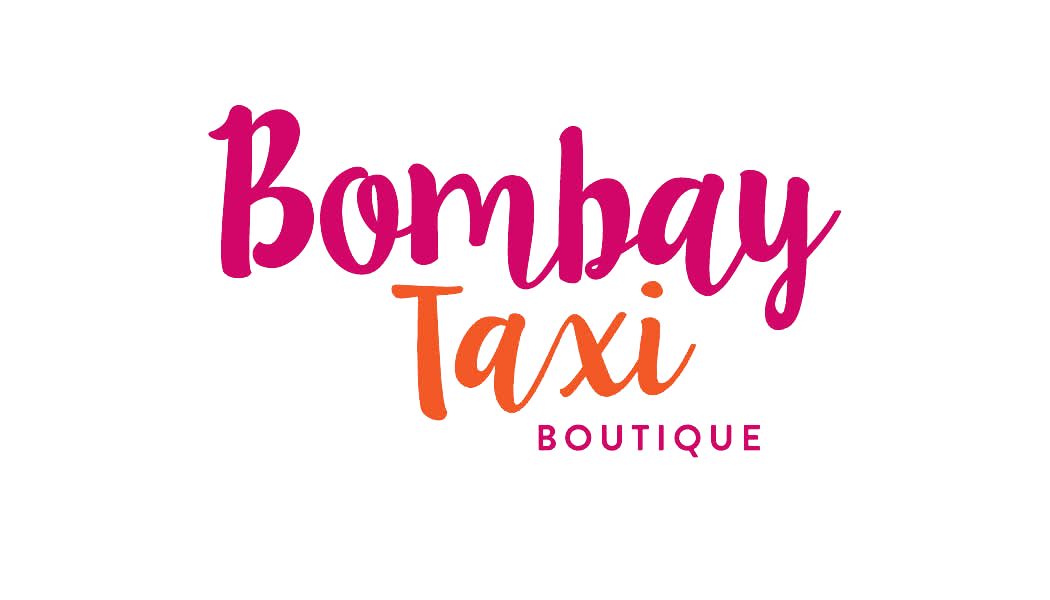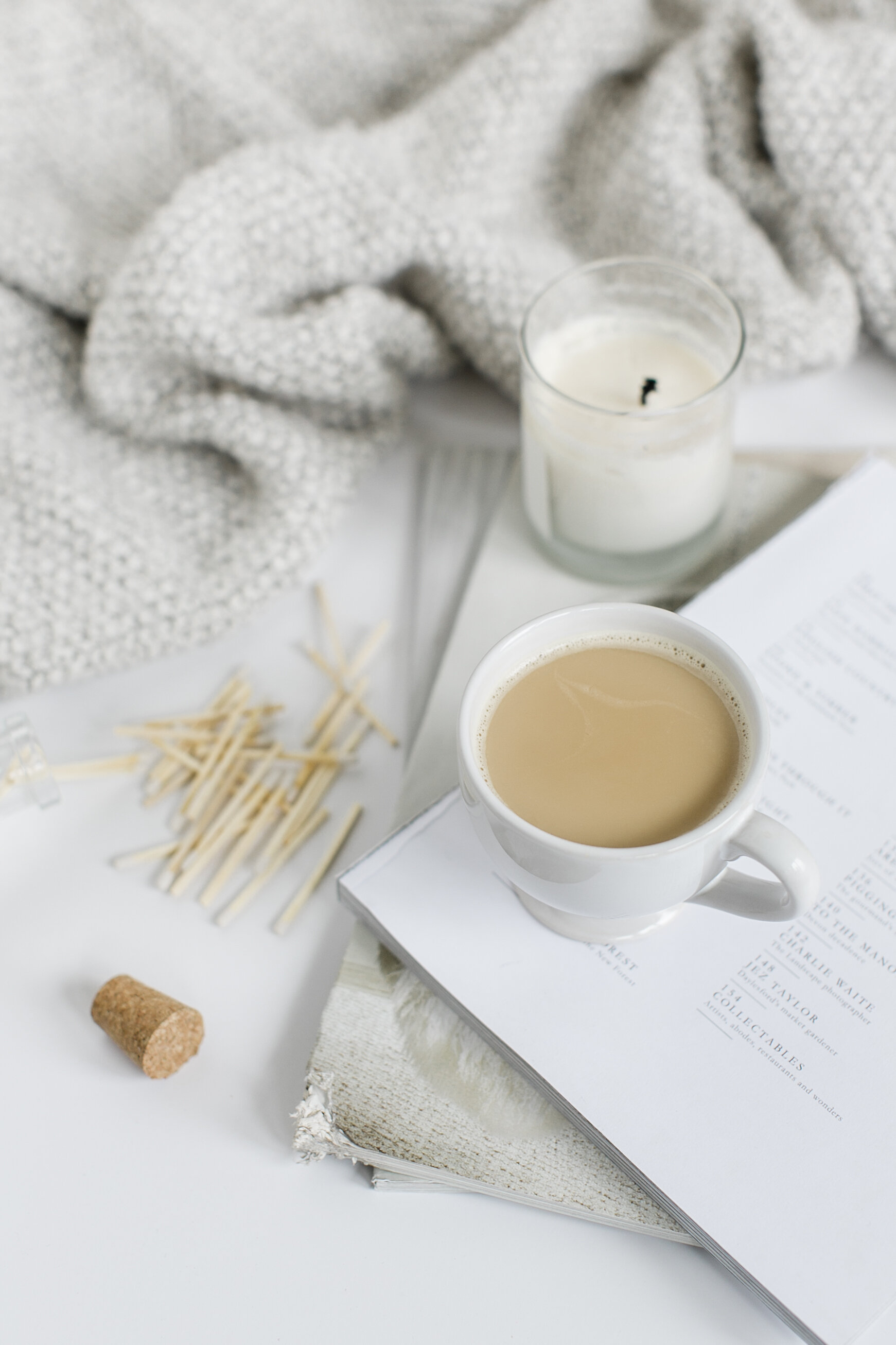If you’re like me, you like to start off your day with a cup of coffee and a few blog posts. If you’re enjoying your coffee as you drink this, are you sure your coffee isn’t contributing to modern day slavery?
Did you spit out your coffee yet? I almost did when I first heard this at a Creative Mornings event last year. I’ve been to coffee plantations in India where the farmers were paid wages, and there were no children in sight, so I never even considered that coffee is frequently tied to bonded labor - aka modern day slavery.
For more on this topic, please read this piece by End Slavery Now - How It’s Made: Child Labor, Bonded Labor Brewing Your Cup of Coffee.
The most likely culprits are mass produced coffee, and it’s not necessarily intentional. Even Starbucks, who prides itself on Fair Trade coffee was found to use coffee from farms that exploited labor in recent years.
So, as a consumer, you may be asking yourself what consumption decisions you can make to make sure that the coffee you’re enjoying isn’t unintentionally leading to indentured labor thousands of miles away? You may think the answer is Fair trade coffee, but while Fair Trade is better than nothing, it is still not enough.
Direct Trade vs. Fair trade:
We brought in Tony DiCorpo owner of Troubador Coffee Roasters, Bella Verde Coffee Traders AND La Taza Rica Craft Coffee and Tea to talk about the difference between direct trade and fair trade.
“The long of it is this: The difference is that fair trade is an organization that gets a cut of the Fair Trade Organic (FTO) coffee price which is only at a 40% 'premium' over C market price. C price is governed by the commodities market like gold, silver, oil, etc. Farmers must pay large membership fees to be part of the FTO and in the end, they don't even get a livable price per pound.
To give you an example, C price currently today is $1.16 per pound for green coffee. For the farmer to get the FTO price there's a 40% premium which is .48 cents more, making the total $1.66 per pound. Not a very good premium. They don't even get all of that money. And some of that coffee is a higher quality than the commodity coffees but even at the bottom for commercial coffees, farmers are certainly worth WAY more than $1.16/lb for all the hard work and risk they have.
We pay a min of $4/lb and have paid as much as $5.65/pound for the coffee we have bought, direct from the grower. That money gets wired to their bank account and they see EVERY penny, no one gets a cut of it. On top of that, we pay all logistics to the mill and port at origin and then of course ocean freight to the US port and freight to our facility. That totals another $1.50-2.00 per lb.”
So in short, if you want your money to go further in supporting coffee farmers, choose Direct Trade over Fair Trade, and Fair Trade is better than no information at all.
If you would like to experience Tony’s Direct Trade coffee, he ships nationwide. Buy roasted coffee from Troubador Coffee here.
For more on Direct Trade Coffee and what it really means, check out this article.
How do I know what I’m buying?
If you want to be sure that the coffee you enjoy is farmed responsibly, you should ask. Find out where your beans come from and how the farmers are paid. Most companies should be able to tell you about their coffee buying practices on their website. If the information is not included, they don’t know (or don’t want to tell you), which means that it is possible there are unethical practices somewhere in the supply chain. In my experience I’ve found that smaller roasters are more aware of the issues around coffee farming, and are more transparent about where they source their beans and how their farmers are paid.
And as with everything, you get what you pay for. If the price seems too good to be true, it’s a pretty good indicator that there’s something shady happening along the supply chain.
Where do I buy responsible coffee?
If you have a favorite roaster, you should ask them how they buy their beans. If that’s too awkward, I’m going to give you a list of places I know that source coffee responsibly, sell their beans online and ship across the country.
SpyHouse Coffee has both direct trade and fair trade coffee.
Pour Cleveland carries a selection of direct trade coffee from across the globe.
Drink responsibly!


